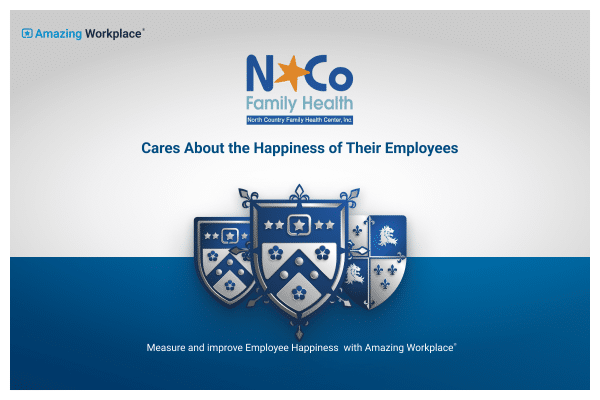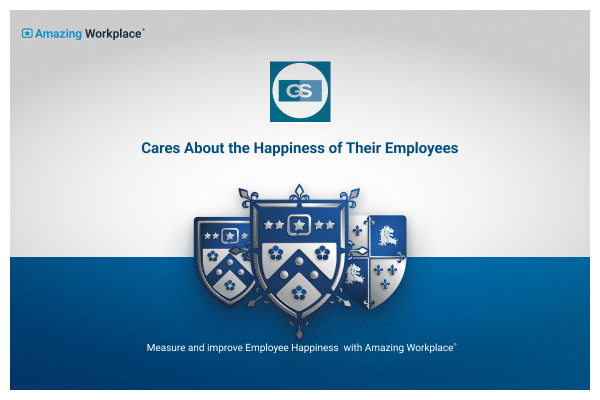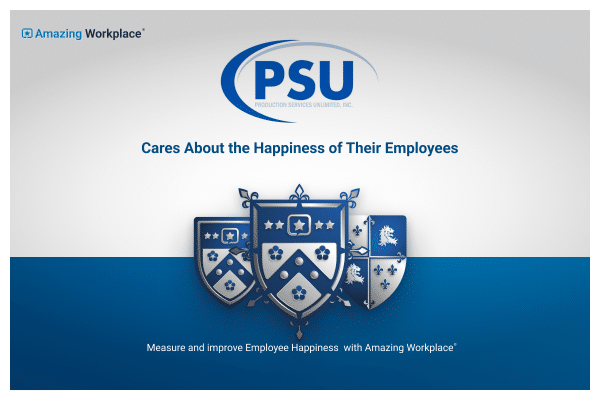The Importance of a Work-Life Balance
A healthy work-life balance means you are equally fulfilled by your personal life and your professional life.

Many of us find ourselves constantly torn between the pressures of our work and personal lives. We need to make money, but we also want quality time with our friends and family. We want to succeed at work and perform well for our employers, but we also need time to ourselves to relax and avoid burnout.
It can often feel as though there aren’t enough hours in the day or days in the week. And as mobile technology means we are contactable 24/7, separating and balancing professional and personal life has become more difficult and more important than ever.
What is a healthy work-life balance?
A healthy work-life balance means you are equally fulfilled by your personal life and your professional life. This will mean different things to each of us. It’s not as simple as splitting your time 50/50 between work and recreation. There is no magic formula for managing work-life balance. But, it is about making sure you are satisfied and comfortable in both areas of your life.
A healthy work-life balance might include:
- Reaching targets at work and meeting deadlines while still having time for hobbies and to see friends
- Having enough time to sleep well and eat healthily
- Not feeling stressed about work when you’re at home or off-the-clock
Achieving a healthy work-life balance is not as easy as it sounds. We all have responsibilities that can impact our time. For those of us with health issues, family obligations, or demanding superiors it can a real challenge to maintain a healthy lifestyle.
Achieving a healthy work-life balance
It can be difficult to develop a healthy work-life balance, especially if you have already established an unhealthy daily routine, but there are steps you can take toward a more harmonious style of living:
1. Identify the scale of the problem
Before you can make any improvements, you need to understand the scale of the problem. Take the time to analyze your current situation. If you are feeling stressed out, try and pinpoint the areas of your life where there is an imbalance.
If you find this hard, you can keep a diary for a week. Separate your hours up into work/leisure/chores etc. to suit your lifestyle and monitor how your time is spent each day. This should give you an outline of your current work-life balance and can highlight where you need to make changes. You might be surprised by how much overtime you are working, or by how much leisure time you actually have. Brainstorm small adjustments you can make that will have a big impact overall.
2. Determine your ideal work-life scenario
Once you have identified where you are, it’s time to think about where you want to be. Contemplate how you would like your life to look and how you would like to spend your time. What does your ideal work-life balance look like? You can be as specific as you like but try to be realistic, define how much time you would like to spend on your hobbies, playing with your kids, running errands, in bed, and how many hours you ideally want to work.
Once you are happy with how your ideal balance would look, you can compare it to your current timetable and see how they measure up. This will give you a basic comparison to work through but remember, the hours you designate to relaxation should be relaxing. If you are still thinking about work and checking emails on your phone, this could still mean your balance is skewed.
3. Re-align your work-life balance
Now you know where you are currently, and where you want to be, so it’s time to start actively moving towards that healthier, happier, lifestyle. Identify three to five key changes that will help you to shift from ‘now’ to ‘future’.
Below you will find a list of actionable tips for reforming your work-life balance:
Speak up
If you’re feeling stressed out at work, speak with your superiors about your workload. It can be beneficial to review your schedule together to understand how to prioritize. If you feel like the expectations and demands of work are too much for you to handle, talk this through. Your managers need to know where the pressures lie in order to address them.
Take care of yourself
Make sure you take proper breaks when you are working, especially if you are working from home. Try not to skip meals and drink water frequently throughout the day. If you can, exercise regularly as it reduces stress levels, this can be as simple as going for a walk when you have finished for the day, cycling to work instead of taking public transport, or joining a gym class. Taking time out helps you to relax and disconnect from work pressures.
Take time off
For many of us, taking meaningful time off was difficult during COVID because of financial constraints and travel restrictions. But, it is important to fully step away from work from time to time for restorative purposes. This means taking a real vacation, without checking in, to recharge and return to work with renewed energy and a more positive outlook.
Switch off and set boundaries
Owning a smartphone means we can be online 24/7 – even when we’re not at work. Set a deadline each day to switch off and stop checking emails. You could consider getting a second phone primarily for work. Before taking leave, plan cover for while you’re away and if there’s something urgent you must deal with, agree to a short window of time when you can respond and stick to that.
Set boundaries by:
- Telling colleagues that you will not be checking emails at the weekend or when you are on vacation
- Enabling an out-of-office notification on your email
- Physically putting your work tech away over the weekend
- Asking your family to remind you to stop if they see you checking emails when you are not working
Schedule time outside of work
It might sound strange to schedule time together as a couple or as a family. But sometimes setting aside regular time to see each other is the only way to make it happen. You could allocate an evening each week, or a full day each month for fun activities you can enjoy together. Knowing you need to be somewhere at a certain time can help you to finish work promptly. Planning to meet friends after work helps you stay in touch and a good talk can help you de-stress.
Work-life balance, a conclusion
It is possible to achieve a healthy work-life balance, but you have to want to do it. You have to take control; identify where the problems lie, assess where you want to be, and take steps to get there.
You might need to learn to be more assertive, both with yourself and your team and particularly to start to say ‘no’ when you need to. But once you start looking to make changes, you may be surprised how easy it is to achieve a healthy work-life balance.


